According to the RISE Foundation report, EU soils are in worsening states of degradation, despite their importance in food security and mitigating the climate crisis.
Soil has a crucial role to play in supporting biodiversity and ensuring fresh water supply.
The Rural Investment Support for Europe (RISE) Foundation is an independent foundation which supports a sustainable and internationally competitive rural economy across Europe.
It looks at ways in which the environment, biodiversity and its cultural heritage can be preserved. This is done by bringing together experts to address key agricultural issues.
Unhealthy state
Soil degradation is widespread across the EU, with an estimated 60-70% of all soils in an unhealthy state.
This means that there are large areas of contaminated soils, unsustainable soil erosion rates and eutrophication due to excess nutrient inputs.
A staggering 50% of peatlands are being drained, which results in their carbon oxidising into the atmosphere, hence accelerating climate change.
Biggest threats
Some of the biggest threats to EU soil health are soil erosion by wind and water, decline in organic matter, decline in biodiversity and soil compaction.
However, in some good news, restoring soil health is possible. Through the use of sustainable soil management (SSM) practices, farmers can improve soil quality.
The practices include reducing soil disturbance, diversifying crops and crop rotations to limit soil erosion, minimising chemical inputs and increasing soil organic matter.
What can farmers do?
Farmers can improve soil organic matter through diversifying grassland species, using cover crops and maintaining good soil structure.



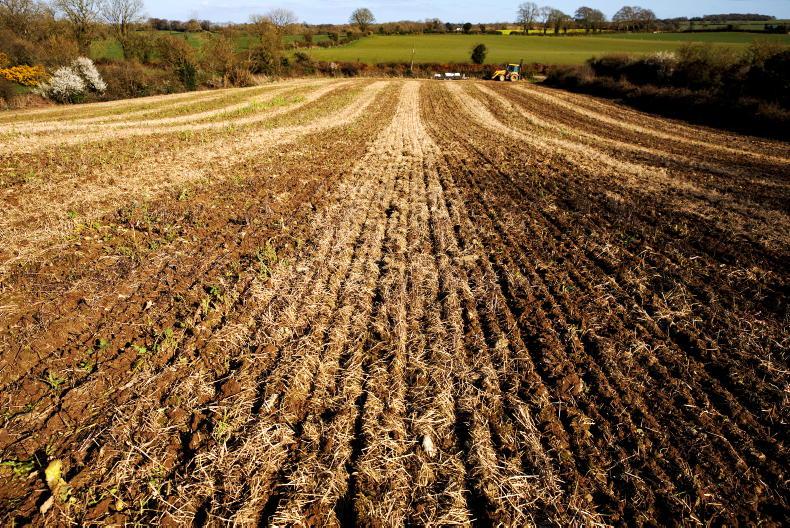

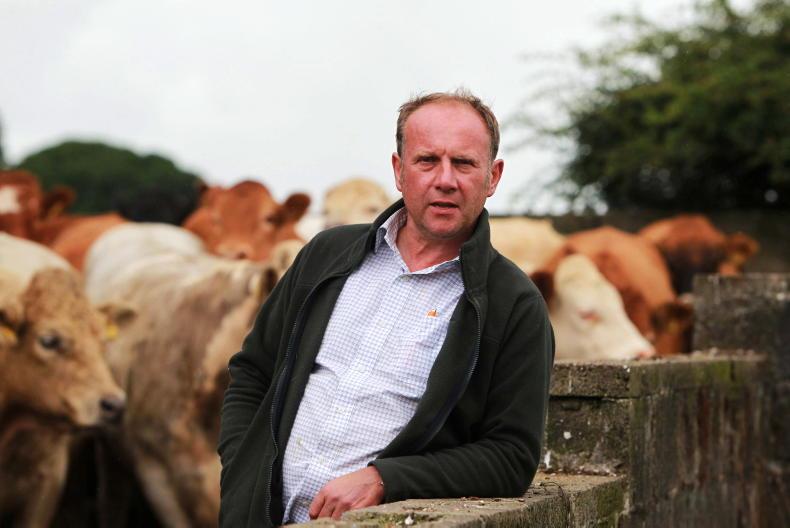

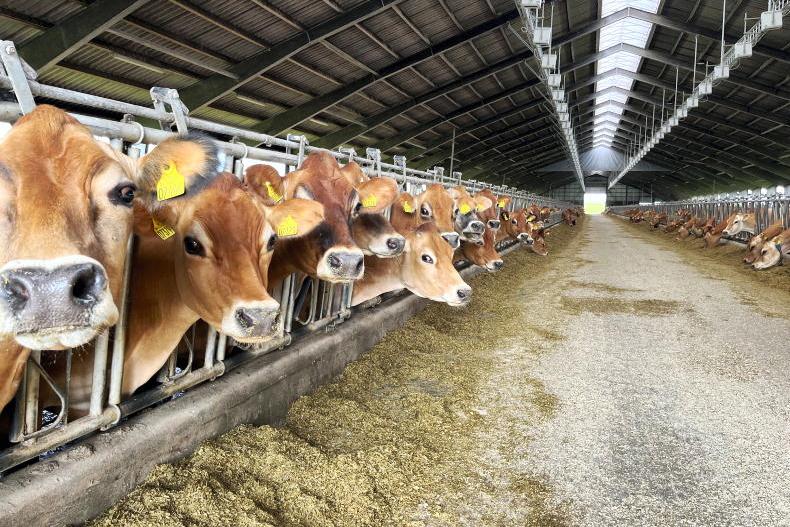
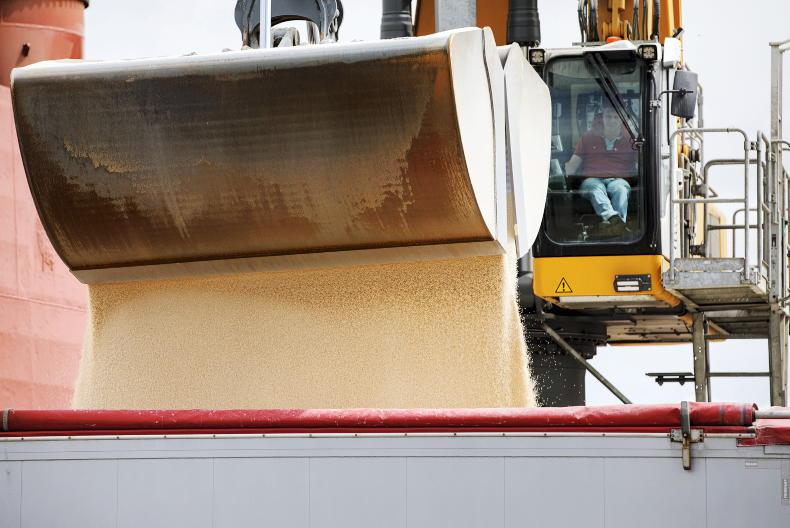
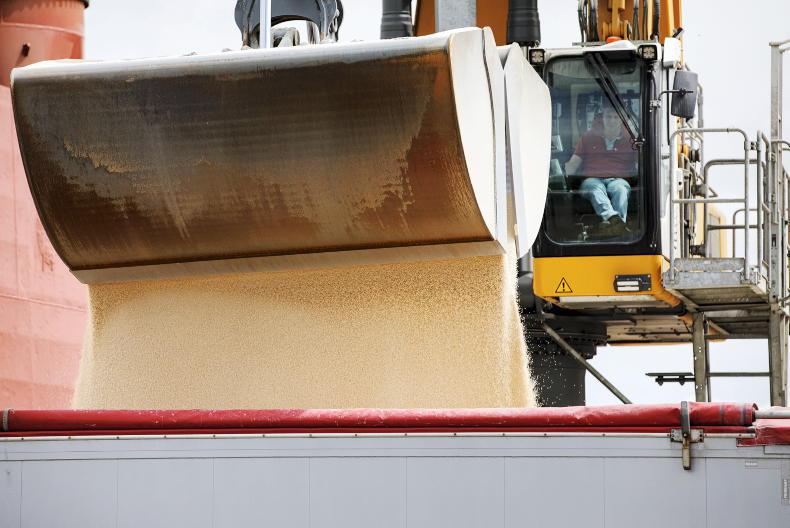
SHARING OPTIONS